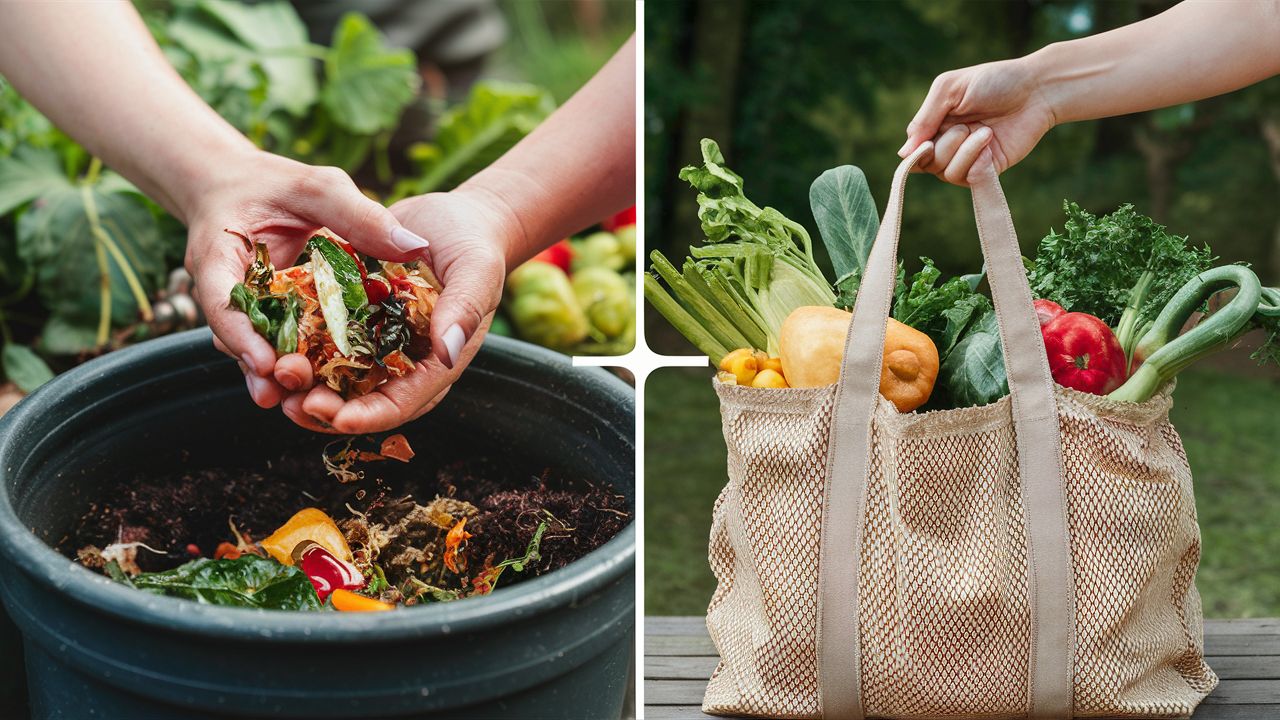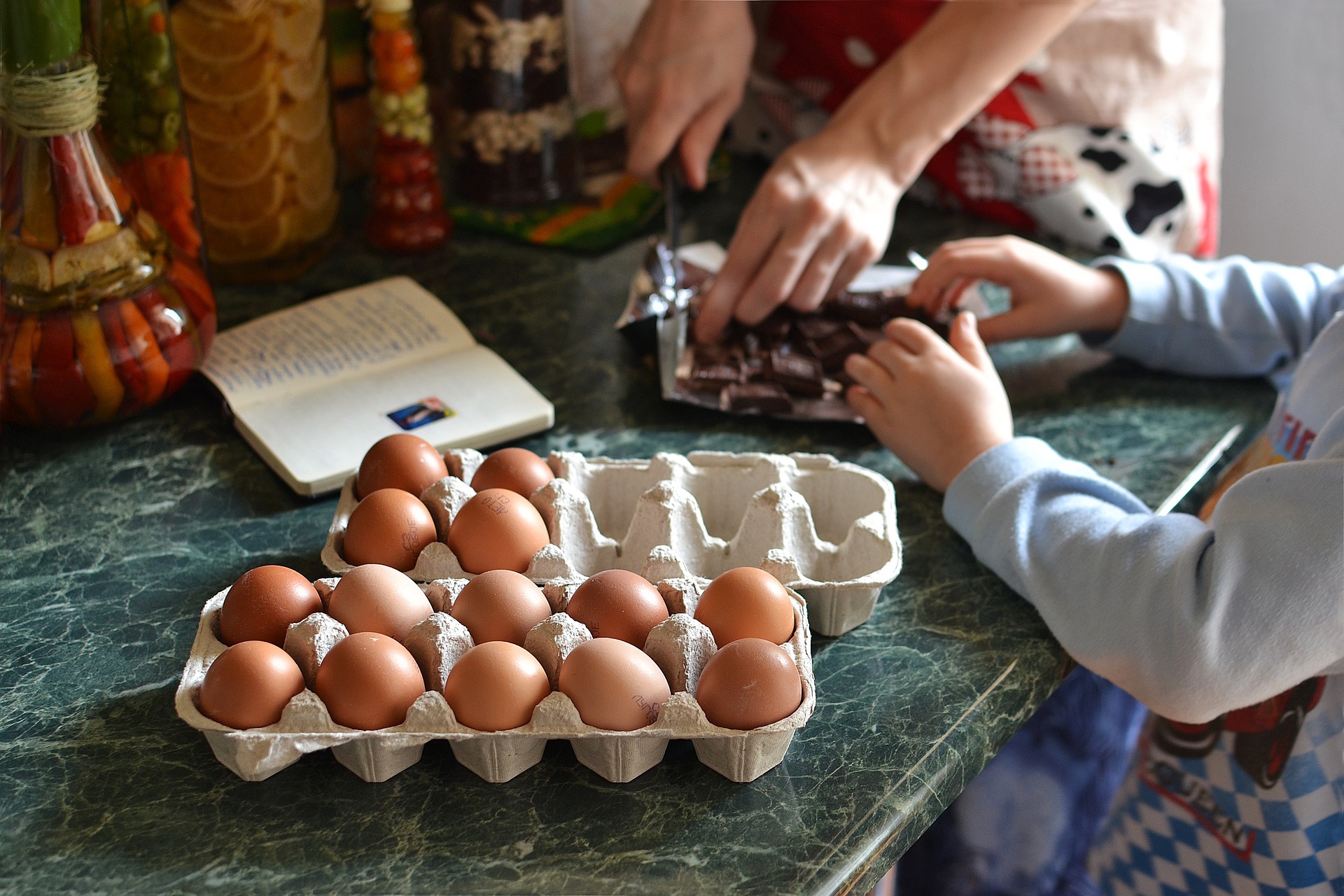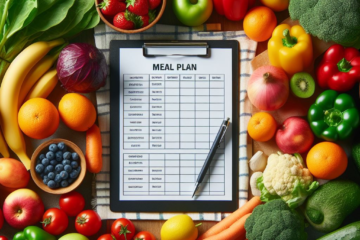In today’s world, conscious consumerism is becoming increasingly important. Even small changes in our daily routines can significantly impact the environment. And the kitchen is no exception! This blog post unveils the top 5 eco-friendly practices every home cook can embrace for a more sustainable culinary journey.
1. Embrace Smart Meal Planning and Leftovers:
- Plan your meals: Planning your meals for the week helps reduce impulse purchases and food waste. Utilize online resources or cookbooks for inspiration.
- Love your leftovers: Leftovers can be transformed into creative new dishes! Get creative and avoid unnecessary food waste.
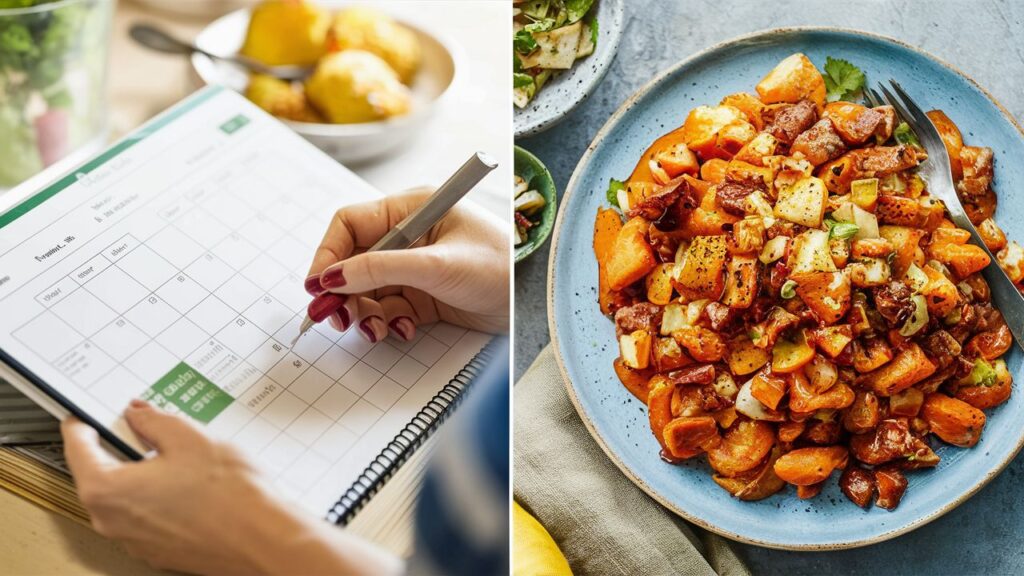
2. Fight Food Waste with Smart Storage and Preservation:
- Store food properly: Understanding proper storage techniques extends the shelf life of your groceries, reducing spoilage and waste.
- Embrace freezing: Flash-freezing fruits and vegetables at their peak freshness preserves nutrients and allows you to enjoy them throughout the year.
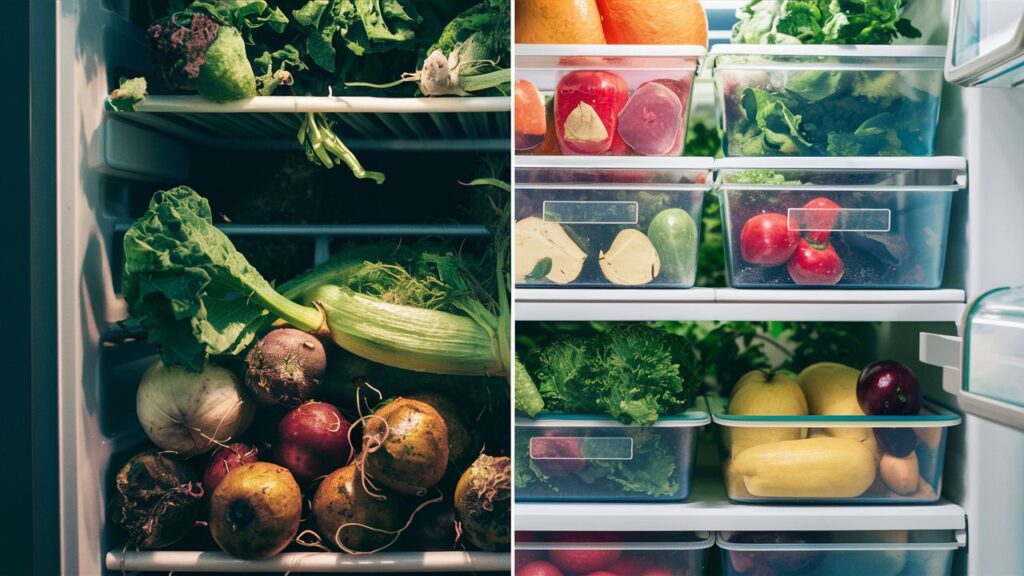
3. Choose Sustainable Ingredients:
- Shop local and seasonal: Opting for locally sourced, seasonal produce reduces transportation emissions and supports your local farmers.
- Prioritize mindful packaging: Choose products with minimal or recyclable packaging whenever possible.
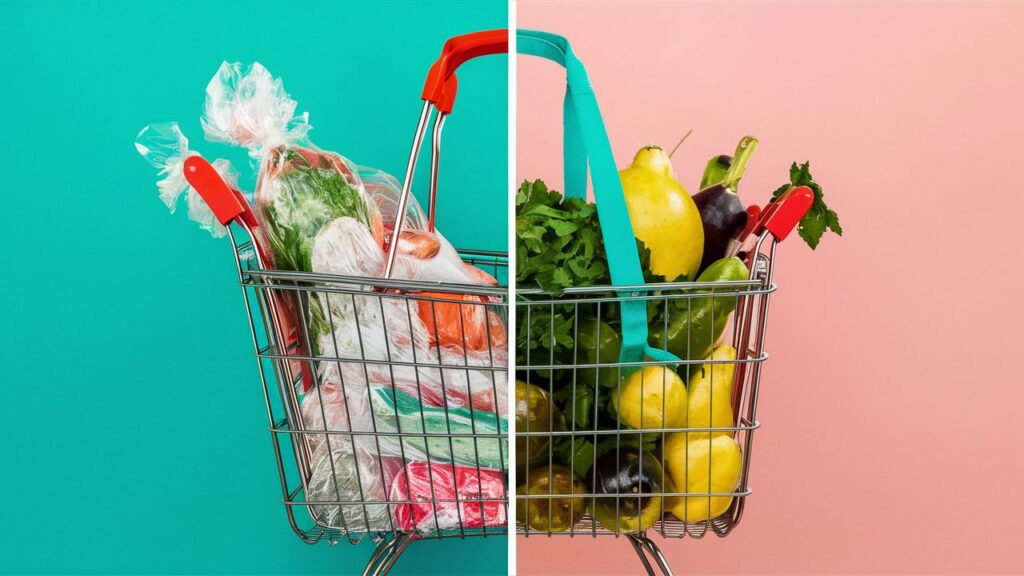
4. Master Water Conservation Techniques:
- Don’t pre-rinse excessively: A quick scrape or brush under running water is sufficient for most fruits and vegetables.
- Utilize the right pot size: Filling a pot only with the amount of water needed for cooking saves both water and energy.
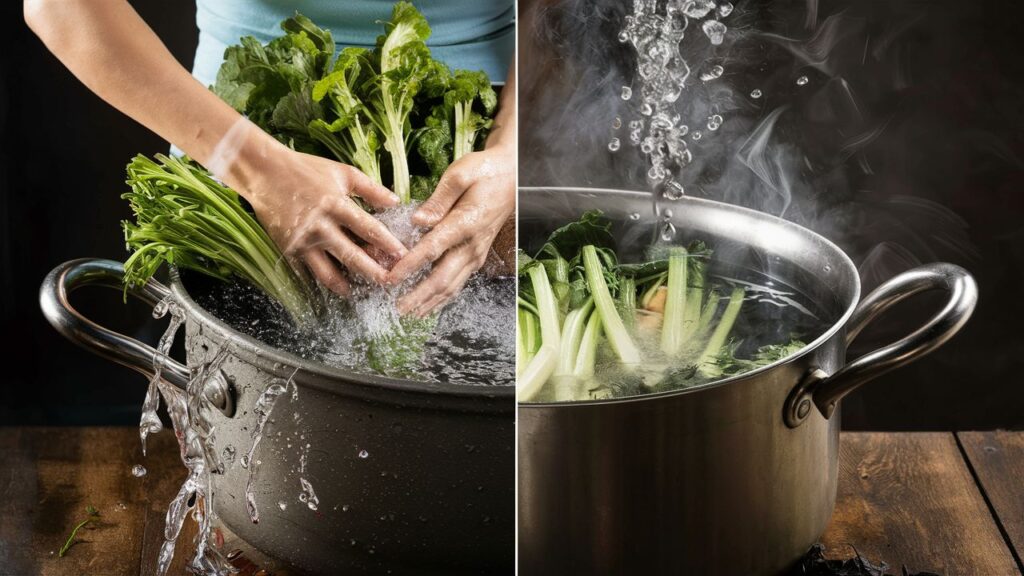
5. Invest in Eco-Friendly Kitchenware:
- Durable and energy-efficient cookware: Look for cookware made from recycled materials or that boasts energy-saving features.
- Reusable alternatives: Ditch single-use items like plastic wrap and aluminum foil. Invest in reusable containers, beeswax wraps, and cloth towels.
Remember: Small changes in your kitchen habits can have a significant positive impact on the environment. By embracing these eco-friendly practices, you can become a more conscious cook and contribute to a sustainable future.
Bonus Tip: Composting food scraps is a fantastic way to reduce waste and create nutrient-rich fertilizer for your garden!

